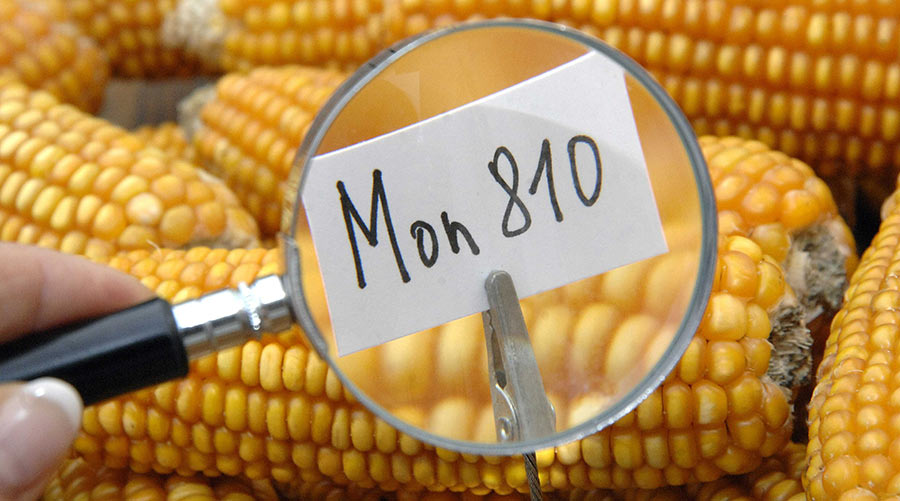GM push will jeopardise markets, warns organic body
 © Sipa/Shutterstock
© Sipa/Shutterstock The government is being urged to consider the wider implications before supporting the introduction of genetic modification to UK agriculture post-Brexit.
Prime minister Boris Johnson has demonstrated his support for GMs, but his comments have divided opinion among those for and against the use of this technology.
“Let’s start now to liberate the UK’s extraordinary bio-science sector from anti-genetic modification rules and let’s develop the blight-resistant crops that will feed the world,” stated Mr Johnson in his first speech as prime minister in July.
See also: New gene editing technology may lead to disease-resistant crops
A no-deal Brexit could pave the way for a free-trade deal to be struck between the UK and the US, where genetically-modified crops are engineered for insect resistance or herbicide tolerance and widely grown.
Economic factors
But according to Roger Kerr, chief executive at the Organic Farmers & Growers (OF&G), which certifies more than 50% of UK organic land, there are economic and scientific issues to consider.
“The economic issues with GM relate to scale and market access,” said Mr Kerr. “If UK agriculture adopts GM, then farmers will find they have to bring their costs of production in line with GM producers in the US and China.
“UK agricultural output is equivalent to just a tenth of that of the US and only 2% of Chinese agricultural output – the differences in scale are huge. And post-Brexit, we’ll be competing in global markets with some of the largest agricultural operations in the world.
“Also, some EU markets may be closed to GM products, so assuming a trade deal can be agreed, these higher-margin opportunities will be closed to UK producers.”
Cross-contamination
Mr Kerr said introducing insect- and fungal-resistant crops in the UK would risk cross-contamination of non-GM crops and potentially release harmful genes into wild populations.
He called for independent research in controlled environments on the effects of GM, before rolling out the science without fully understanding the risks involved.
Finally, Mr Kerr said there is a “common fallacy” to think we need GM to produce more food to feed the growing world population – when around half the food produced is currently wasted.
